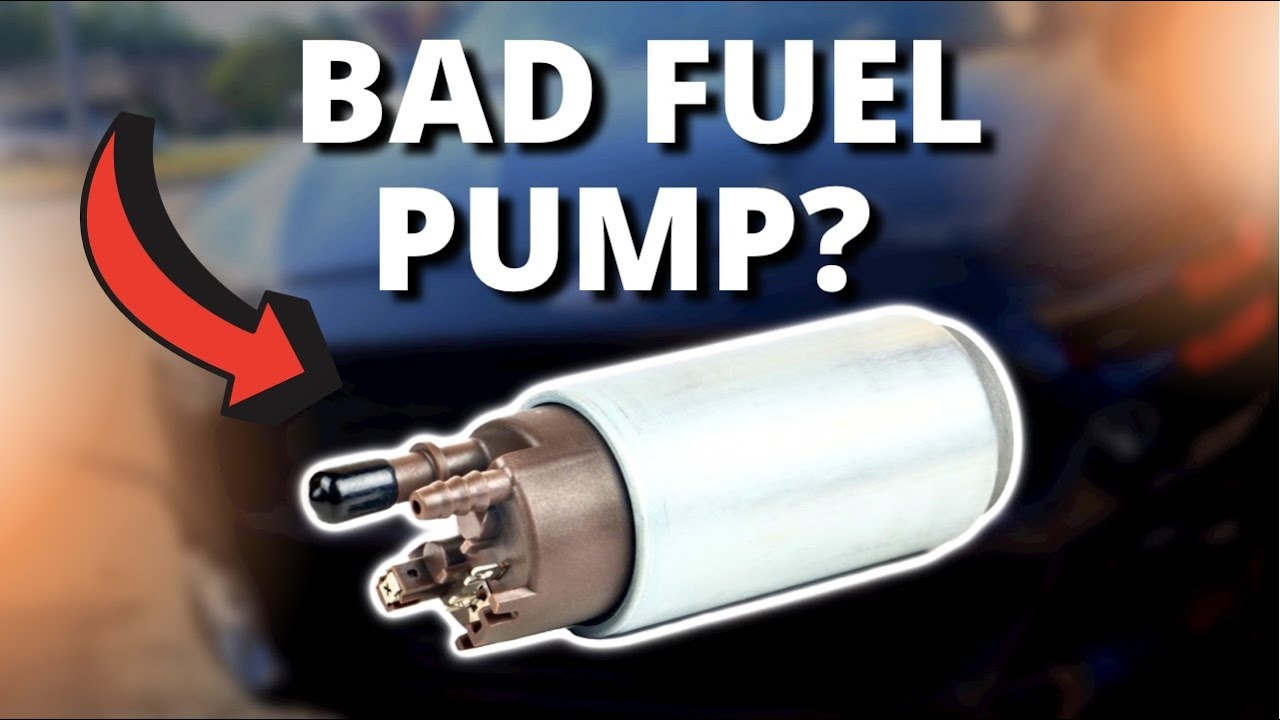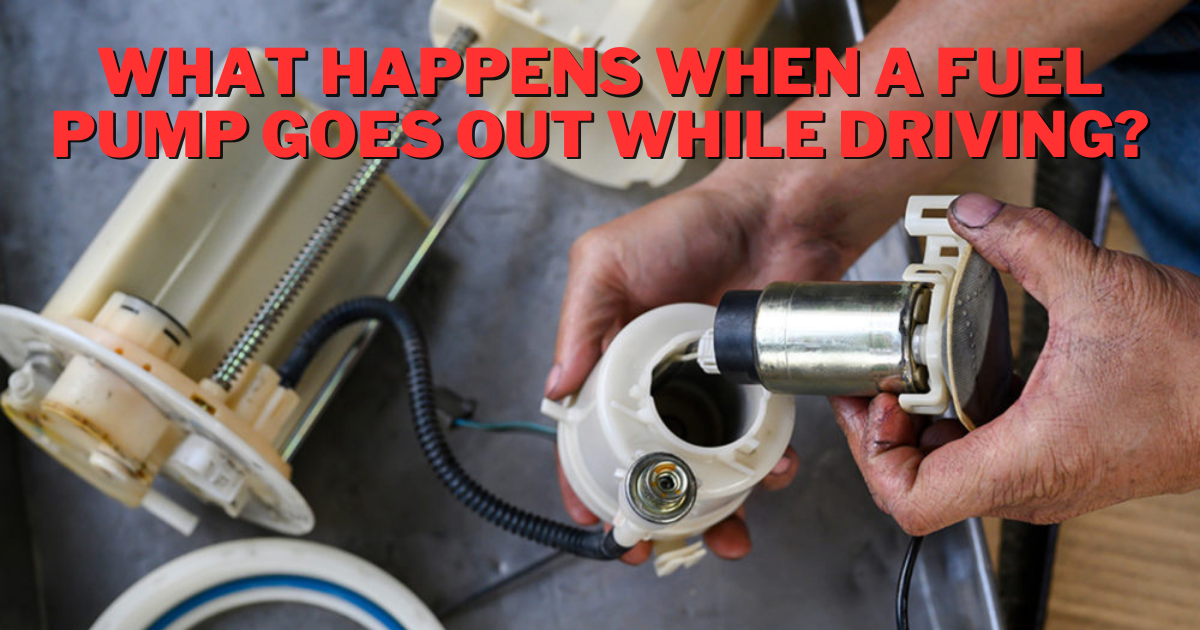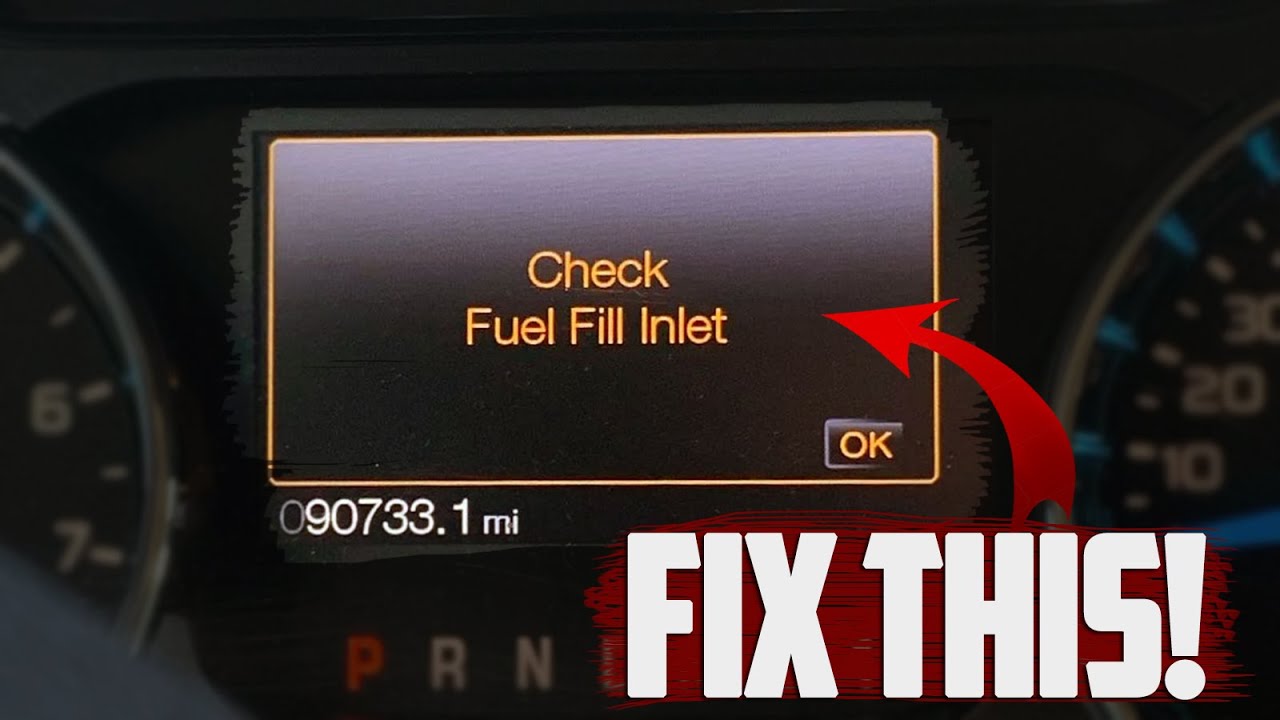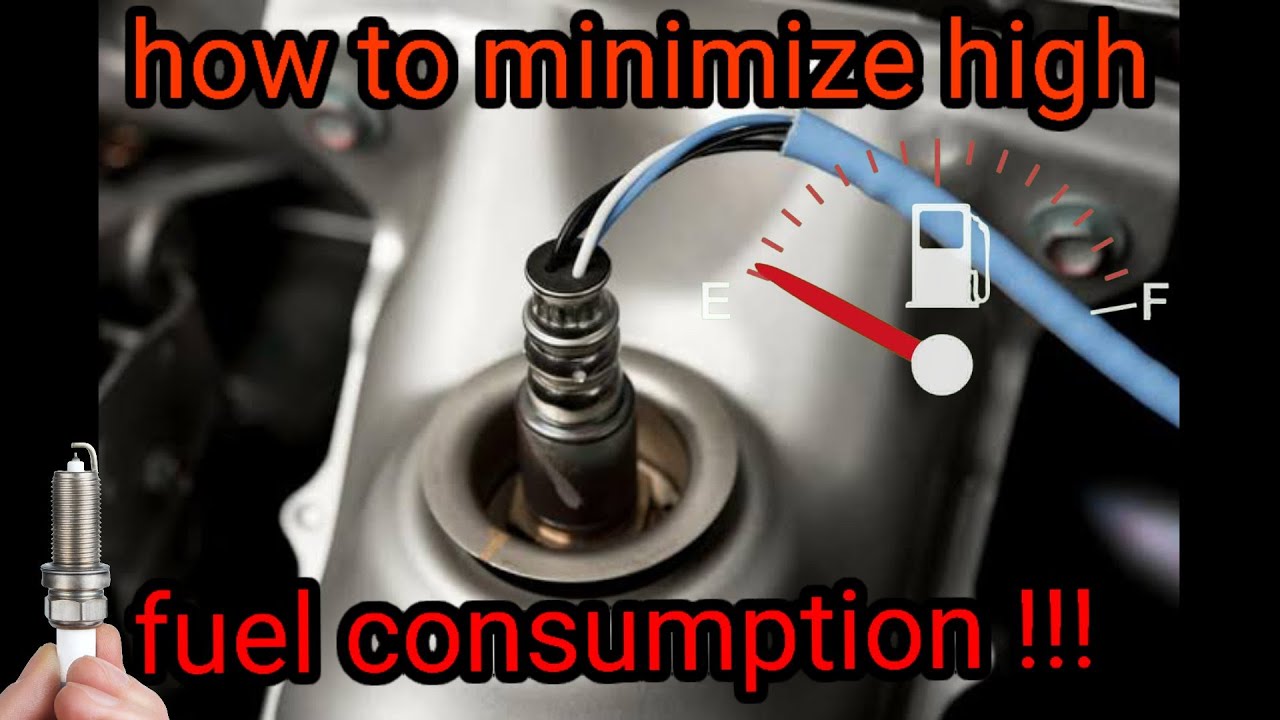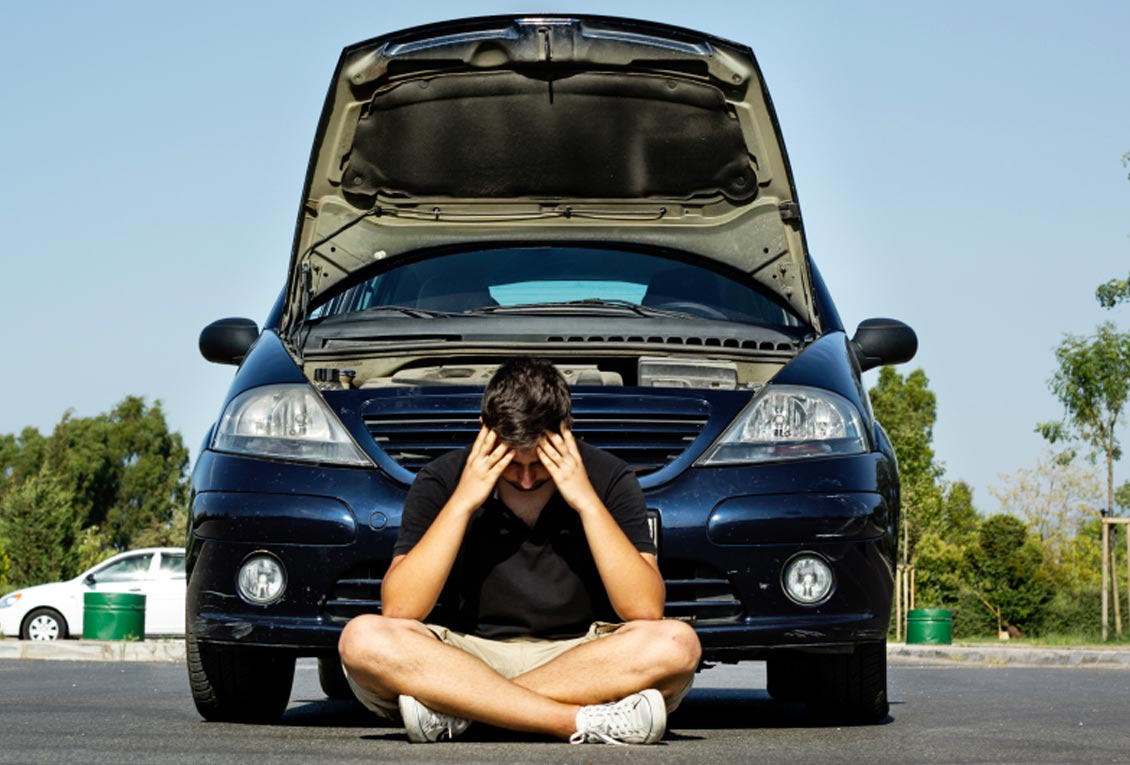Is your car’s engine not purring as smoothly as it should? The culprit might be your fuel pump! Dive into the top ten fuel pump problems that can disrupt your drive and learn how to spot them before they leave you stranded.
This article will look at the most common car fuel pump problems, from Faulty fuel pressure regulators, Fuel Filter Clogging to Contaminated fuels. Stay tuned!
Common Car Fuel Pump Problems
- Clogged fuel filter: This restricts fuel flow to the fuel pump causing the pump to work harder and leading to pump failure.
- Worn-out fuel pump: Over time, it can wear out, reducing efficiency and causing poor performance.
- Faulty fuel pressure regulator: This maintains the correct fuel pressure in the system. Too much or too little fuel pressure leads to pump damage.
- Electrical issues: Wiring problems, blown fuses, or faulty relays causes the fuel pump to lose power, resulting in a non-functioning pump.
- Contaminated fuel: Water or dirt in the fuel can damage the pump’s internal components, reducing lifespan.
- Fuel pump relay failure: The fuel pump relay controls power to the pump. A faulty relay causes a complete loss of power to the pump.
- Leaking fuel lines: Leaks in the fuel lines cause a drop in fuel pressure, forcing the fuel pump to work harder and potentially leading to pump failure.
- Blocked or damaged fuel tank vent: This creates a vacuum in the fuel tank, making it difficult for the pump to draw fuel.
- Overheating: Insufficient fuel flow or a failing fuel pump cause the pump to overheat, leading to premature wear and eventual failure.
- Pump impeller damage: The fuel pump part that moves the fuel. Damage to the impeller causes reduced fuel flow and pump inefficiency.

